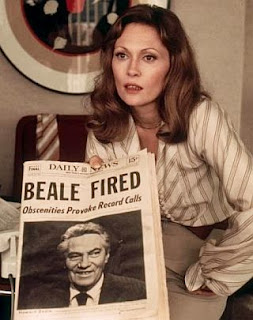Some of the world's most loved brands — Adidas, IKEA, PEZ, Arby's — happen to be abbreviations. And certain companies are so iconic that they've embraced going by their initials — KFC being a famous example. It's when people unnecessarily complicate things with "abreeves" (only you fans of the dearly departed TV series "Happy Endings" will get that reference) that it gets ridiculous. I recently tuned into a webinar put together by a well-known ad agency in which the host repeatedly referred to the place by its initials. Not only had I never, in all my years covering this stuff, heard the agency referred to that way before, but as one of the letters was a "W," it actually took the presenter longer to say the abbreviation than it would have to say the actual name of the company. Generally, having "W" in a brand's identity is a horrible idea (unless you happen to be George W. Bush, aka "Dubya," which, love him or hate h...






